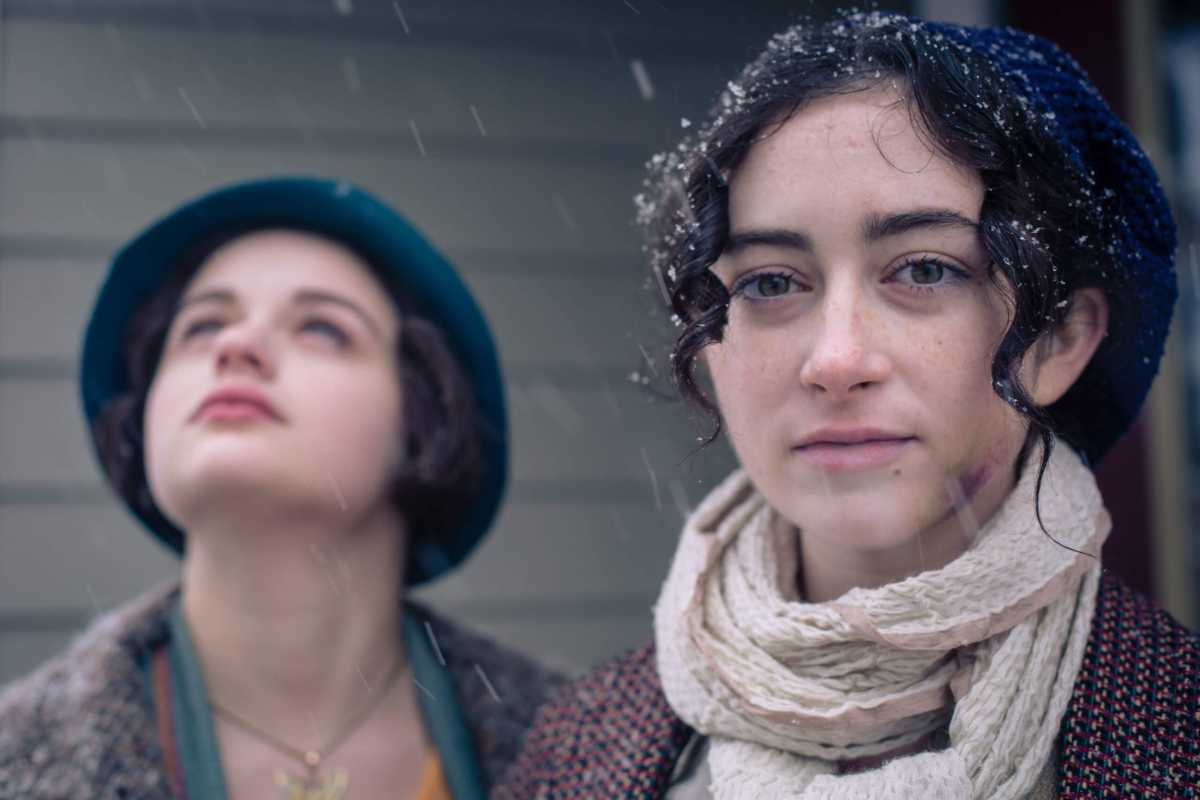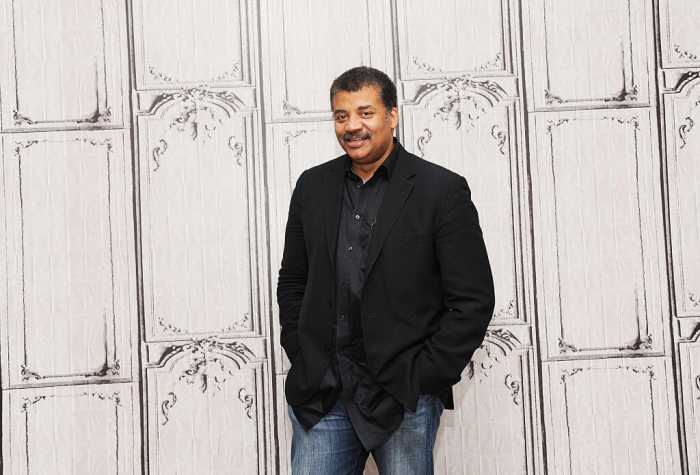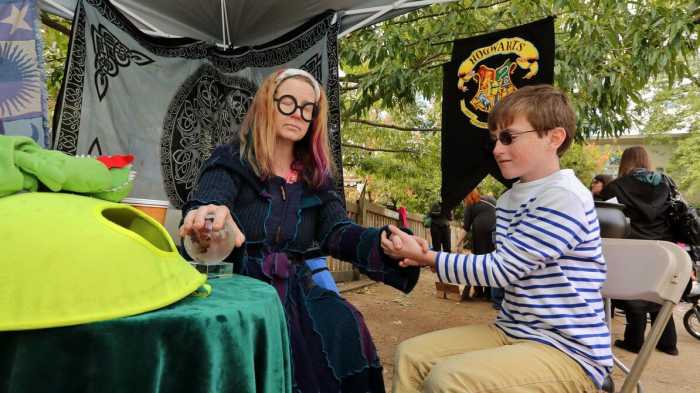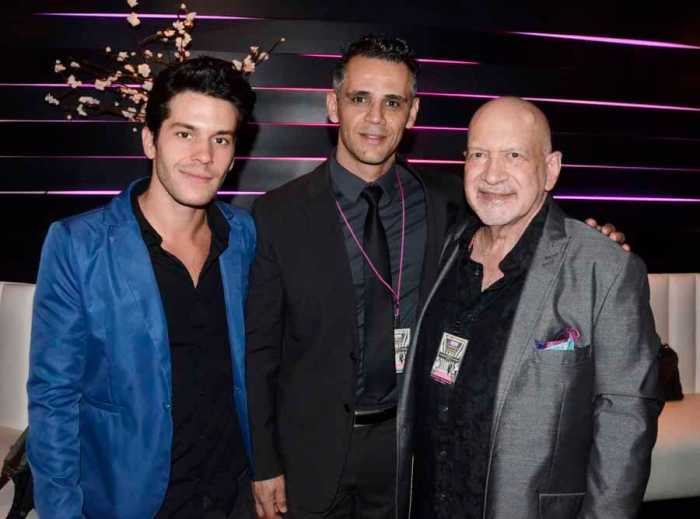History books are always filled with stories of the past, some more unbelievable than the rest. But what about the stories that we don’t learn about in school? What if those are the ones that truly are more perplexing than fiction?
“Radium Girls” is a story that is true to that concept, and the story is based on hauntingly true events that question themes displayed in today’s society. The film stars Joey King and Abby Quinn as two sisters working at a radium factory who start a legal revolution against one giant corporation who is essentially poisoning many workers. The most frightening part? The substance that is causing the harm is actually marketed as a “miracle,” so it was wildly popular.
“Radium Girls” co-writer Ginny Mohler and director Lydia Dean Pilcher sat down with Metro to discuss how they decided to shine a light on a story not ever seen in our history books.
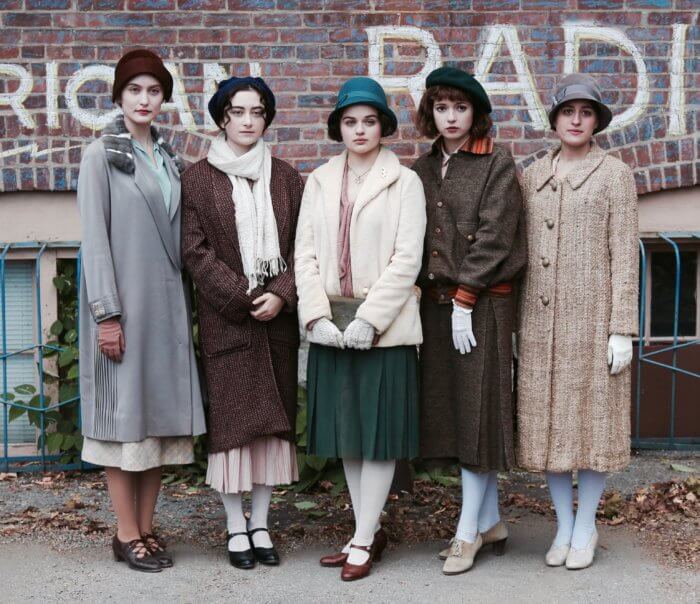
What was it about this piece of history that drove you to want to make a film about the Radium Girls?
Ginny: I stumbled across the story when I was working as an archival researcher on a documentary about the Atomic Bomb. [There was an] obscure reference to the Radium Girls, I just couldn’t believe that I had never heard this story before. I couldn’t believe it wasn’t a story we talked about in history class—it seemed like fiction, and is actually such a quintessential story of factory workers standing up to power, and in particular female factory workers at a time when women had just gotten the right to vote. Yet, female factory workers were exposed to toxic substances in a variety of industries. Then at the heart of it, you have teenage girls going through a radical coming of age as a result. So, all of those were factors for me.
Lydia: I have a company called Cine Mosaic, it’s a long-standing production company in New York, mostly independent feature films and I really had come to point where I really wanted to blend my passion for the environment with my storytelling career. I was looking for a project that would do that, [and] when I read Ginny and Brittany Shaw’s screenplay, I knew it was the one I wanted to do. A lot of my career has been led by female storytelling and It just resonated to me— a story that started with the innocence of these two teenage girls working in a factory, dreaming of these places way beyond Orange, New Jersey and then this coming of age that happens in a very real-world setting.
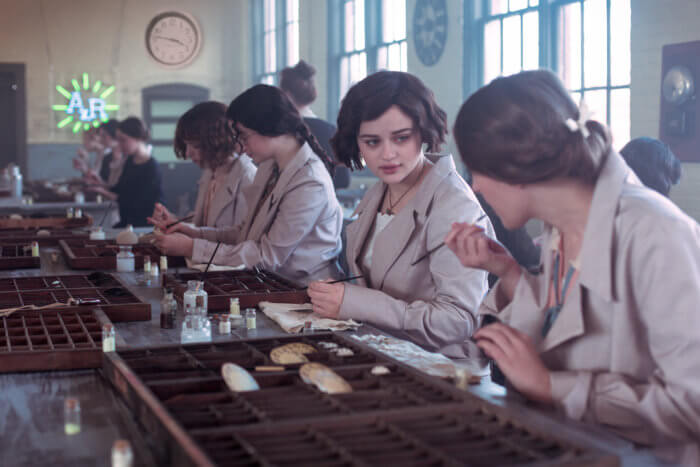
What were you looking for when casting Bessie and Jo, and what do you think about showcasing these strong female characters during 2020, the centennial anniversary of the 19th Amendment?
Ginny: In the true events, there were three sisters that worked at the radium factory where we anchored this screenplay and really entered that world. One of the sisters historically passed away early from inexplicable causes, and then there were two sisters who became part of the court case. It’s a film about standing together and it’s a film about sisterhood. Also the idea of if it was me and my sister, what would I do, and how far are we willing to go for one another? I think Joey [King] and Abby [Quinn] have that magic chemistry that we were looking for and dreaming for in Bessie and Jo. They’re so different, and yet at the end of the day, they will do anything for each other.
Lydia: It was fascinating to really dig into the world of that time the Radium Girls lived in, because Ginny and I realized we are at the early stages of this women’s political movement where women had recently gotten the right to vote. There were a lot of things happening in the world, including industrialization, where there were no worker’s rights for health and safety and women were ready to take legislative action. They were really ready to use this voice, and they were organized and they knew how to use the media at point. I wonder if the Radium Girls’ story would have come to light, in the same way, had those women not been there to really shine the light and lift them up. We’re not just talking about girls in a factory who were being poisoned and dying and there was the cover-up— but we’re talking about a huge money-making corporate empire of radium that people thought was a miracle elixir. It was in cosmetics and people were drinking radium water thinking it was helpful to them. So, we’re talking about big commerce, [and] for these young girls to stand up to that required something beyond who they were and where they were at that time. But the story was so powerful and resonate that I think it gave the early women’s political movement who were really prepared to take this on a cause to uphold.
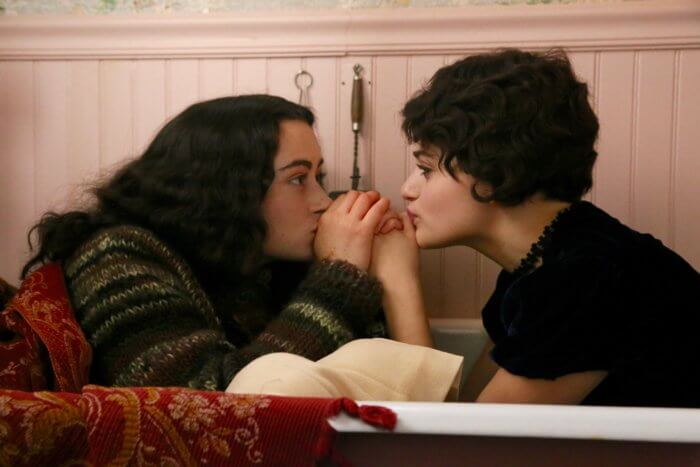
Overall what do you hope audiences take away from the film after getting to watch it?
Ginny: I hope people see the film and have conversations with others about what else happened then that we don’t know about that era, or eras before, or eras after—what else has been left out of the larger story? Also, I think what’s important is what would I have done and what would we do? That, of course connects to what’s happening now—what can I do and what will I do? I think for me personally this film is such a coming of age experience. I started writing it in my early 20s and I’m now in my 30s and I can say I’ve been fundamentally saved from the questions and the themes in the film, especially in terms of the consumer. How are the products that I interact with made and where are they made? How are the workers kept safe? What is the hidden cost? Because the people who bought the radium watches, I’m sure many of them had no idea of the true cost of those items. So, that’s something that I think about.
Lydia: I’m hoping that our story will have a resonance that brings meaning to the state of our democracy in our country right now—that’s sort of what is front and center in front of all of us as we face the election. Alice Walker said this great thing about the most common way people give up their power is by thinking they don’t have any. I think what we hope is that people in today’s world can take the story of the Radium Girls and the whole community around them and really take that inspiration to understand what the sort of power of coming together can mean.
‘Radium Girls’ opens in select theaters and virtual cinemas Oct. 23.



